Researchers at Future Perfect have successfully developed an artificial intelligence (AI) system capable of resurrecting the voices of deceased famous individuals, including renowned authors, artists, and musicians. The technology, which utilizes advanced machine learning algorithms and natural language processing, has been used to recreate the voices of notable figures such as Maya Angelou, Franz Kafka, and others.
According to Bryan Walsh, a senior editorial director at Vox, the AI system is able to generate highly realistic and nuanced voice recordings by analyzing the deceased individual's existing works, interviews, and other audio recordings. "The AI is able to learn the patterns and cadences of the person's speech, allowing it to create a remarkably accurate replica of their voice," Walsh explained.
The implications of this technology are far-reaching and multifaceted. On one hand, it has the potential to bring deceased individuals back to life in a sense, allowing their voices to be heard and their words to be shared with new generations. As Walsh noted, "This technology has the power to preserve the legacy of these individuals and allow their voices to continue to inspire and educate people long after they are gone."
However, the technology also raises important questions about ownership and control of a person's voice and likeness. As Walsh pointed out, "If a person's voice is being used to make money or to promote a particular product or ideology, do they have a right to control how their voice is being used?" This issue is particularly relevant in the context of AI-generated voices, where the line between authenticity and manipulation can become increasingly blurred.
The development of this technology is also closely tied to the broader conversation around AI and its potential impact on society. As Walsh noted, "The use of AI to recreate the voices of deceased individuals raises important questions about the role of technology in shaping our understanding of the past and our relationship with the dead."
The Future Perfect team is currently working to refine and expand the technology, with plans to release a public version in the near future. As the technology continues to evolve, it will be interesting to see how it is used and how it shapes our understanding of the relationship between technology, identity, and legacy.
In a statement, the Future Perfect team said, "We are excited to share this technology with the world and to explore its potential applications in fields such as education, entertainment, and historical preservation." As the technology continues to develop, it will be essential to consider the implications and potential consequences of using AI-generated voices to recreate the voices of the dead.
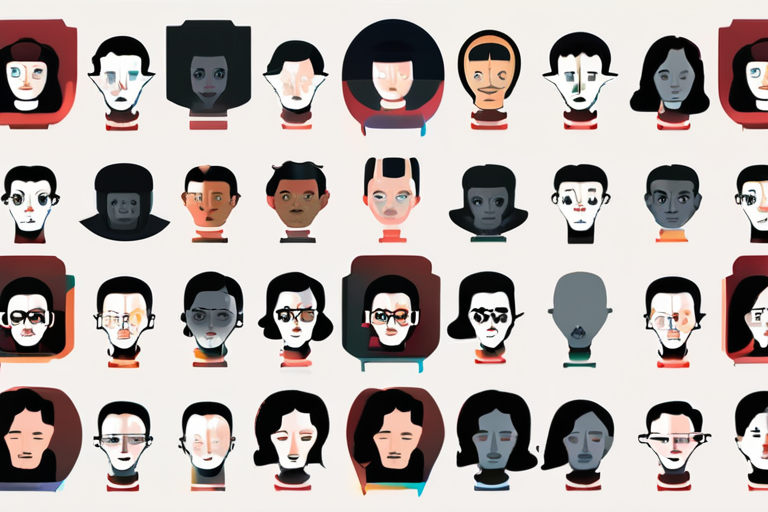


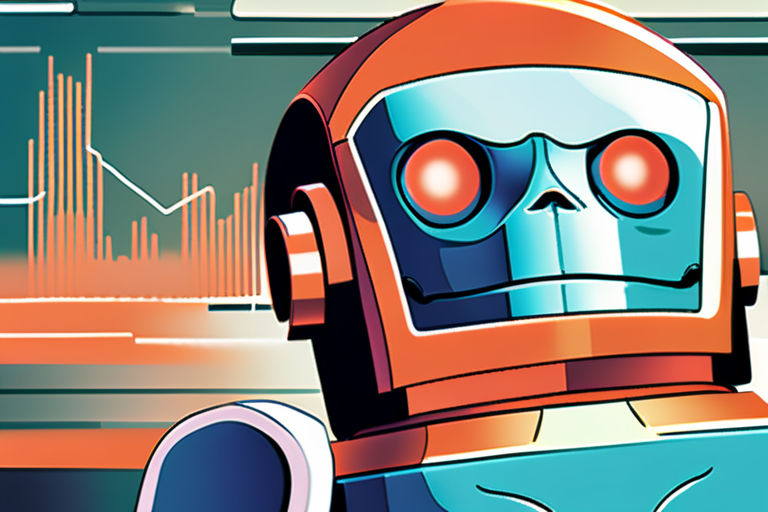
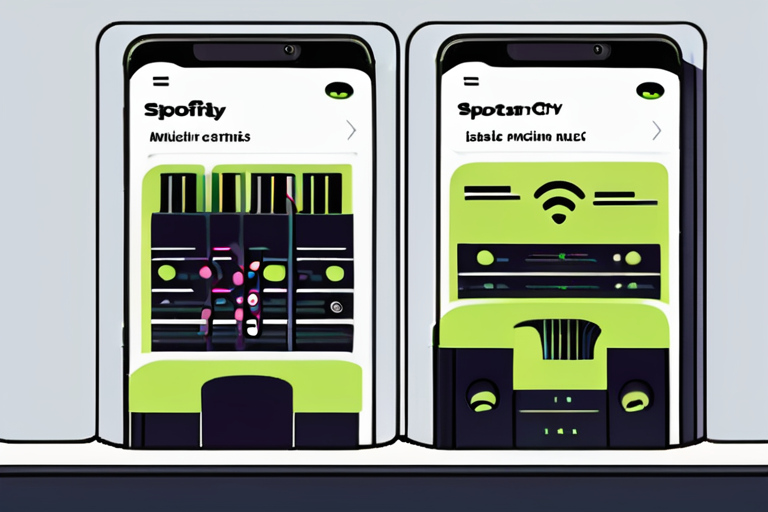
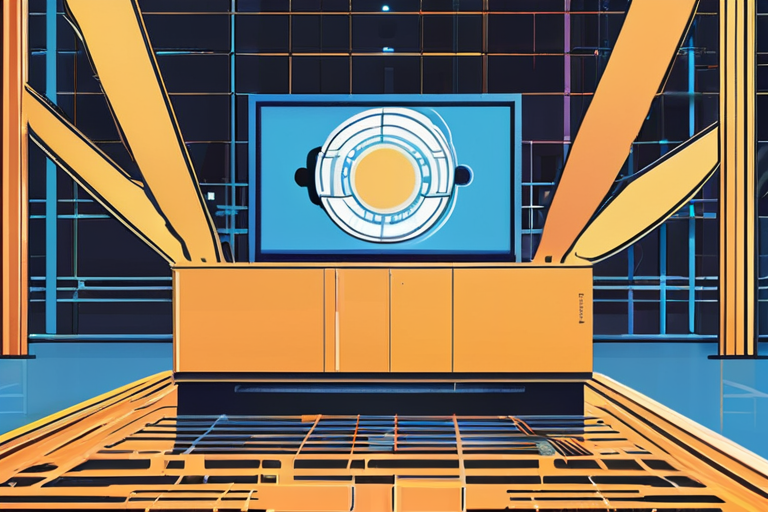
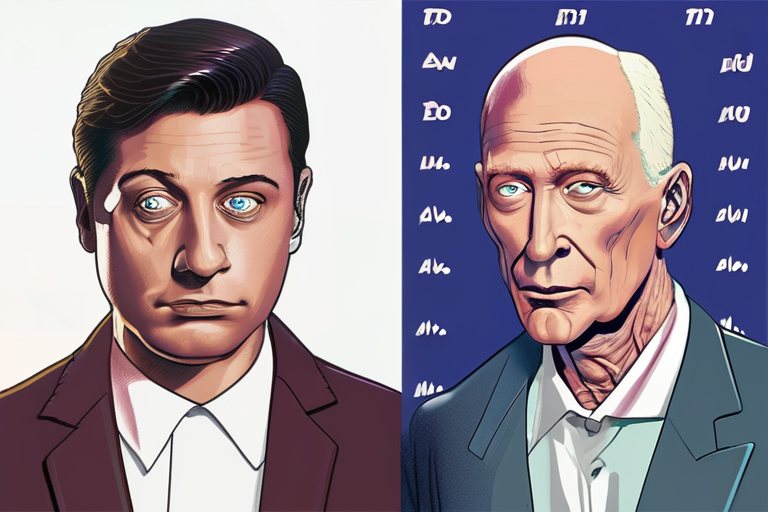



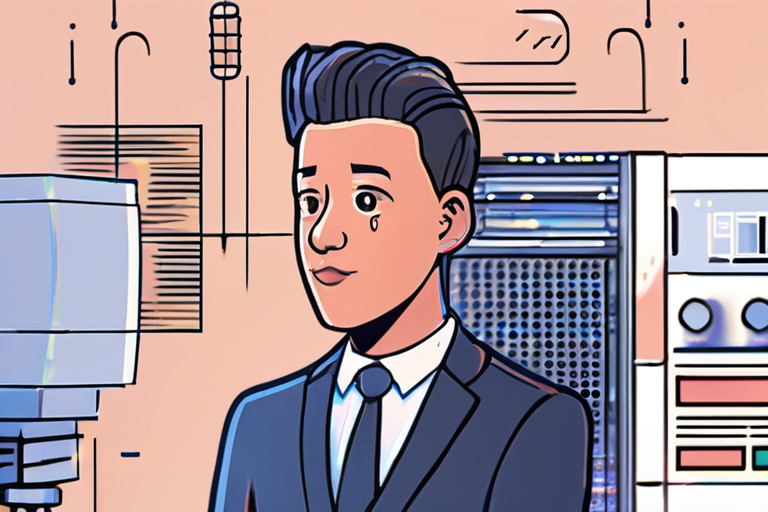
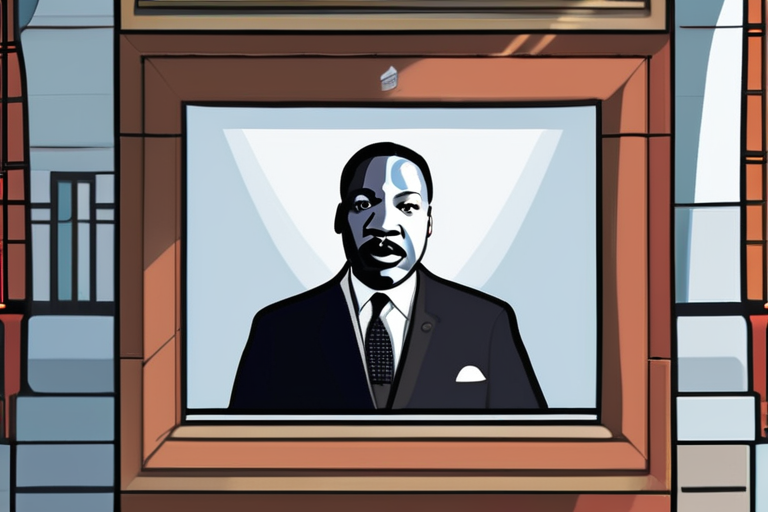
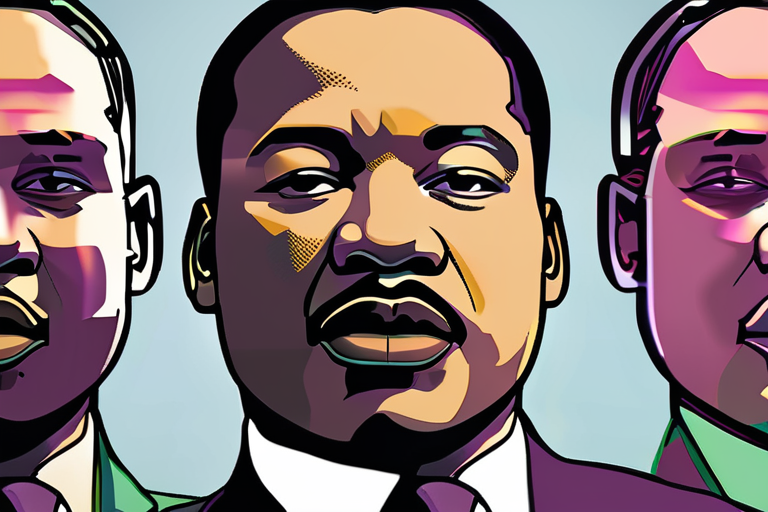
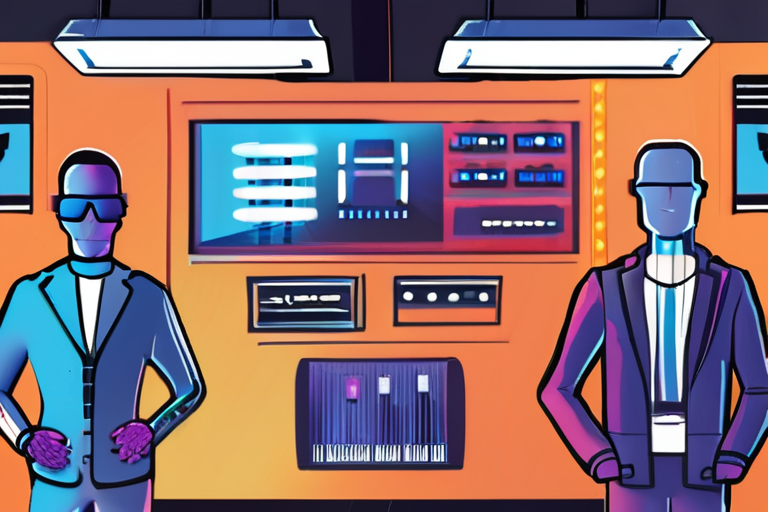
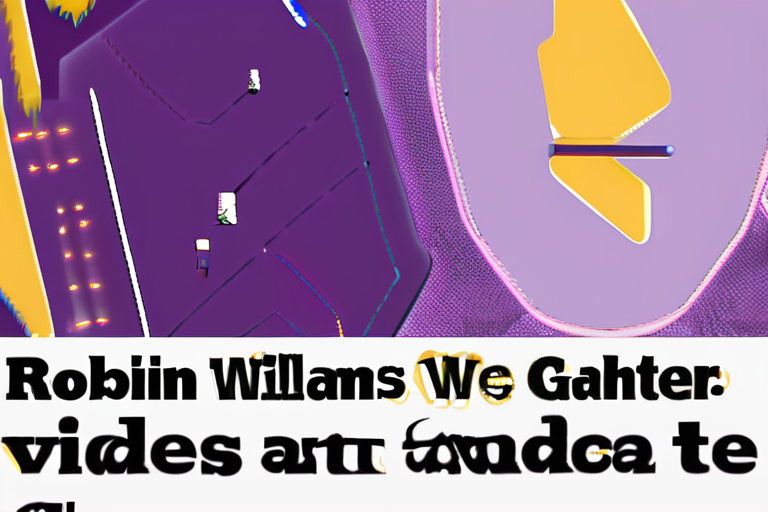

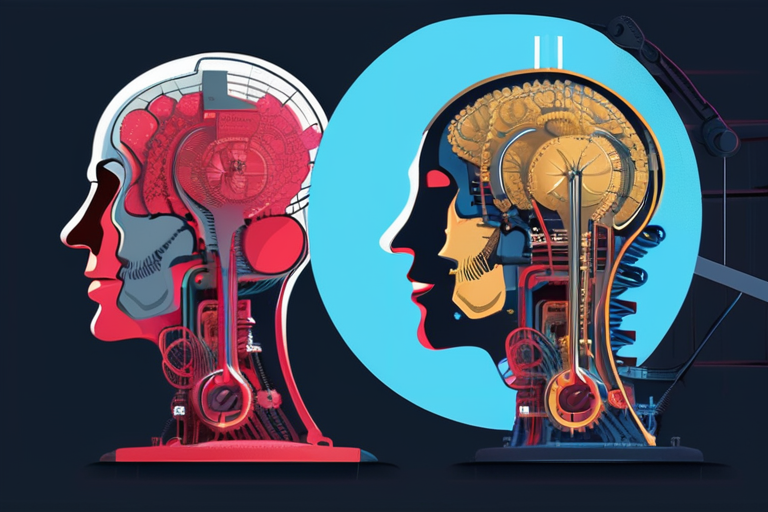
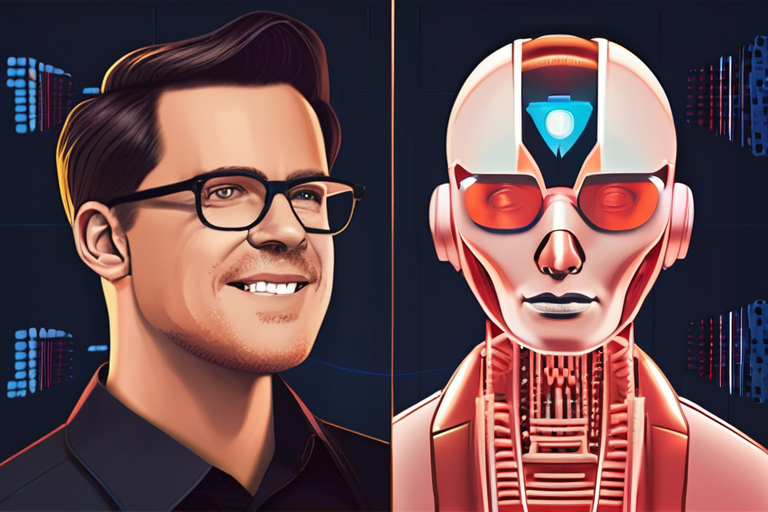
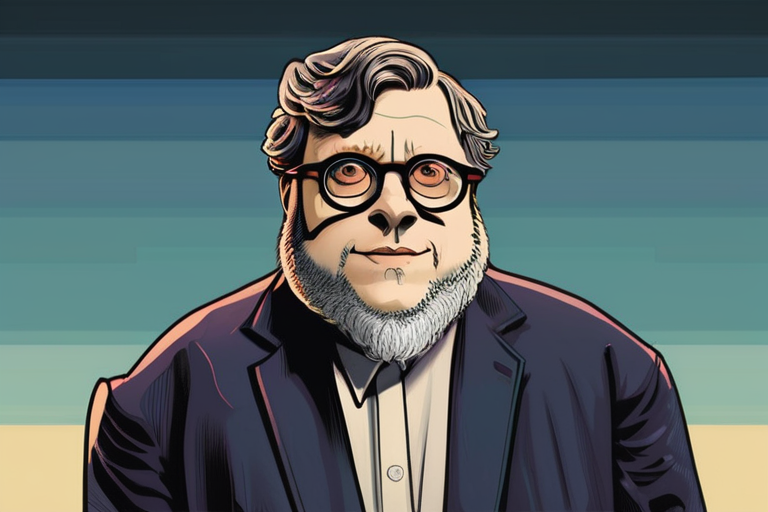
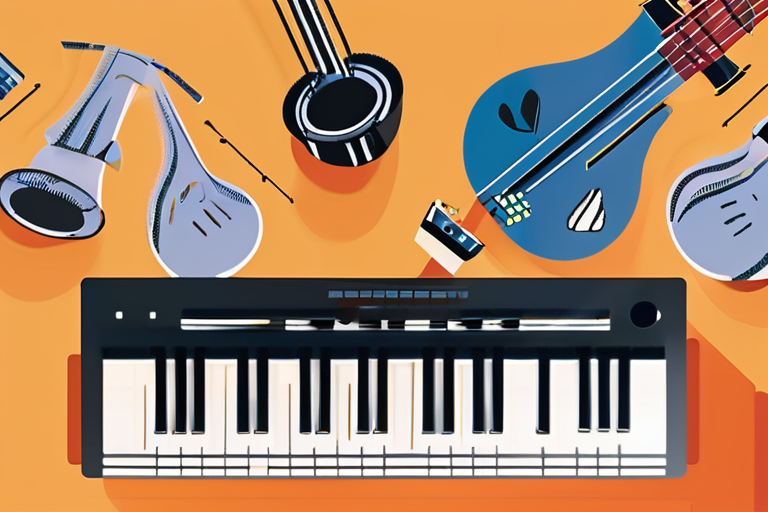
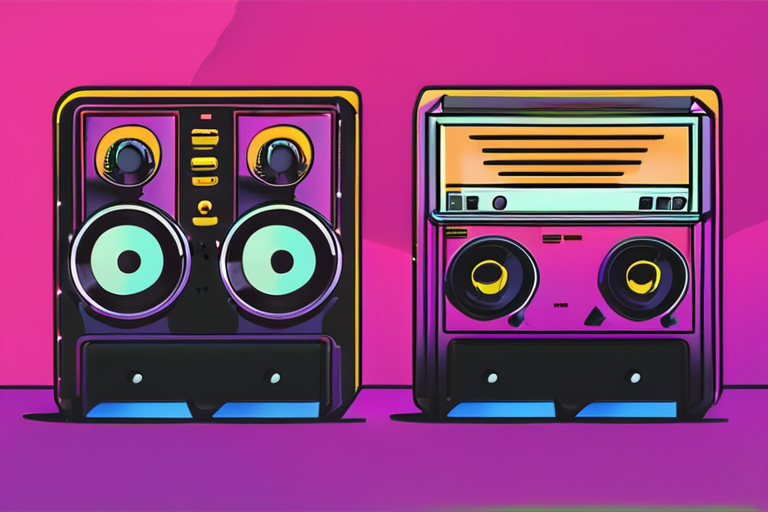
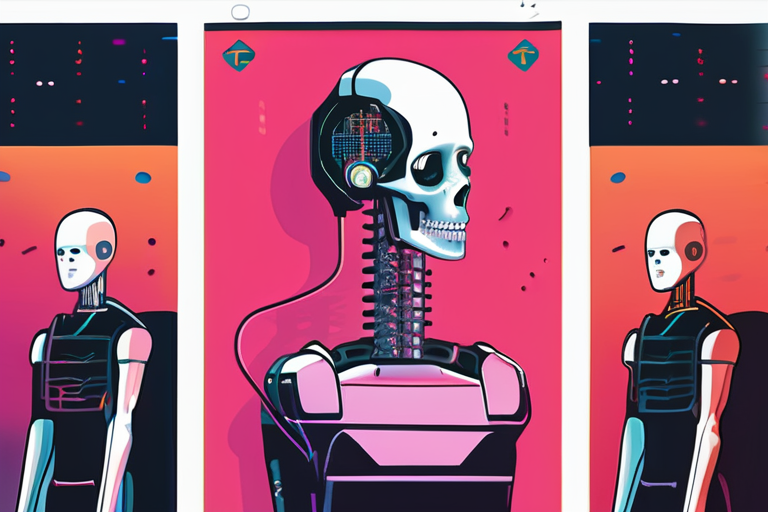
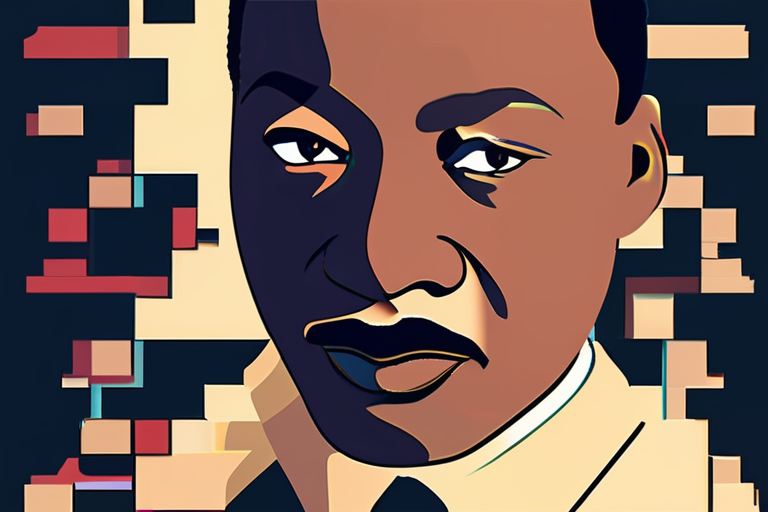
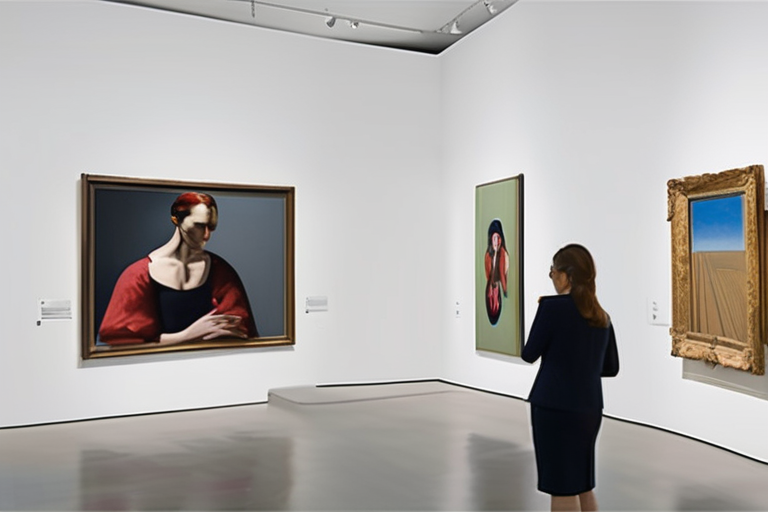
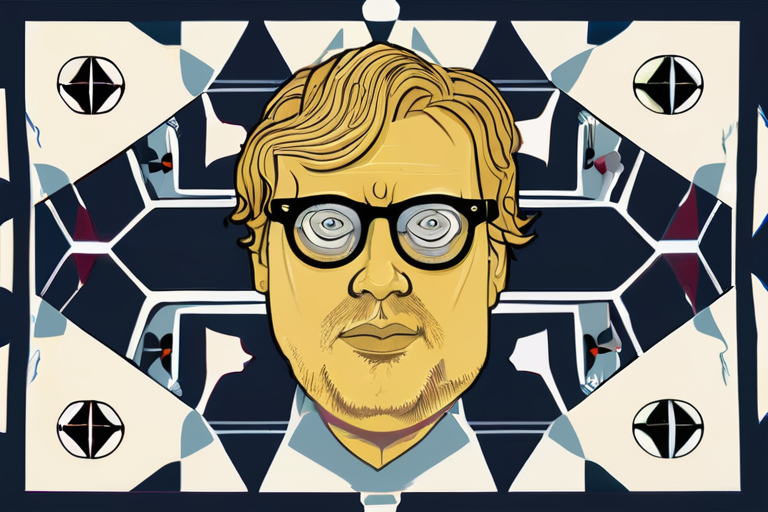
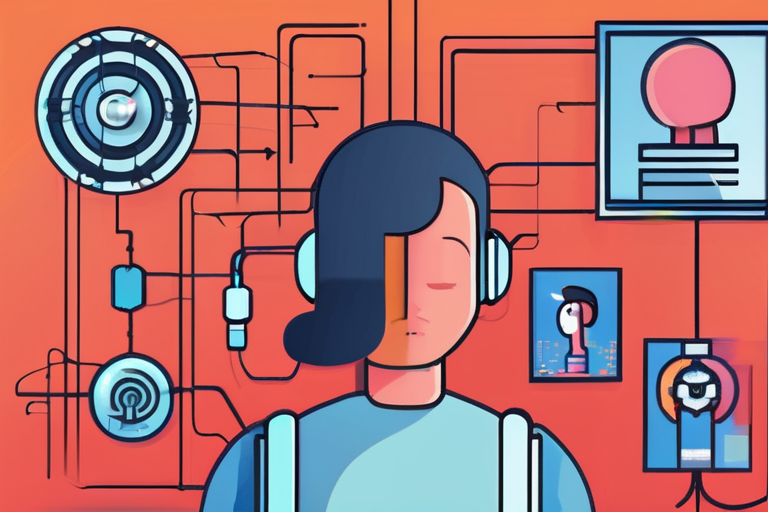
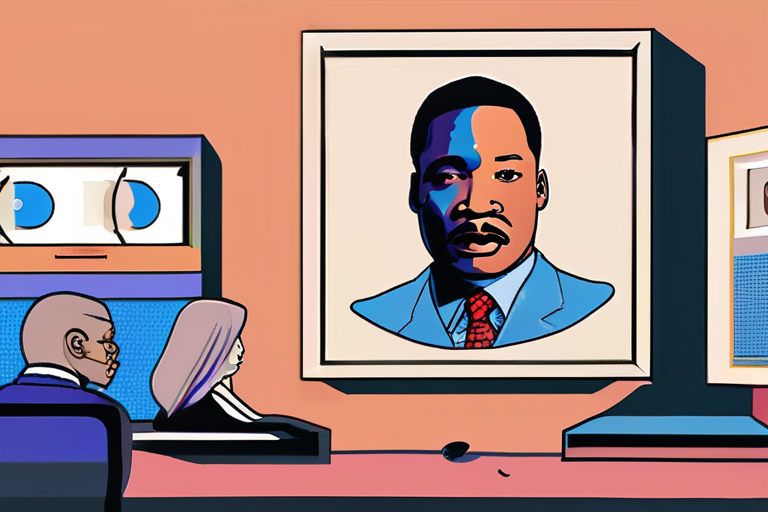
Share & Engage Share
Share this article